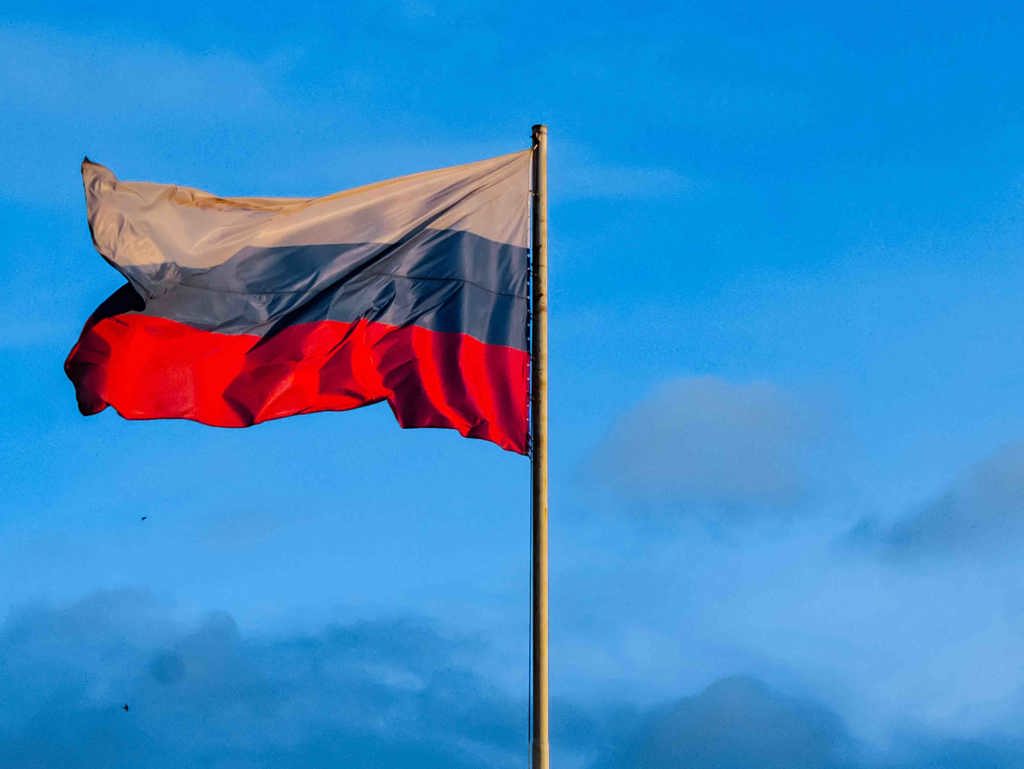Russian President Vladimir Putin signed a law on Nov. 2nd to revoke Russia’s ratification of the Comprehensive Nuclear-Test Ban Treaty (CTBT). Behind the Kremlin’s rationale for de-ratification is a desire to mirror the United States’ status as a signatory and not a ratifier of the CTBT.
The Comprehensive Nuclear-Test-Ban Treaty (CTBT), established through the United Nations system in 1996, promotes nuclear disarmament and non-proliferation by banning all types of nuclear testing procedures.
The Russian Federation has been a signatory since the inception of the CTBT and further ratified the treaty in 2000.
The CTBT is open to signature for all states but requires an additional two-step process for ratification. The first step to adopt the treaty is to become a signatory, which is followed by a ratification process where States must ratify the treaty at a national and international level. Nationally, states are required to ratify the treaty through constitutional processes. For the treaty to be internationally ratified, states must deliver its instrument of ratification with the Secretary-General of the United Nations.
If countries do not ratify the treaty, or if they revoke ratification to the treaty, this means that they are not bound by the rules and nuclear non-proliferation principles set in the treaty.
A week prior to the de-ratification announcement, the motion to evoke ratification from the CTBT was voted on in Russia’s upper and lower houses. The bill proposing the de-ratification of the CTBT was unanimously approved in Russia’s upper house and passed through an accelerated vote at the lower level. Following the Kremlin’s approval of the bill, Vladimir Putin’s signature brought it into effect on Nov. 2nd.
Russia’s decision to revoke the ratification of the CTBT aligns with the stances of several other countries that never partook in ratification processes or signatory processes. These nations include the United States, China, India, North Korea, Israel, Iran, Egypt and Pakistan.
The Russian Federation’s intentions to reinvigorate nuclear testing after revoking the CTBT remain unknown.
“I hear calls to start testing nuclear weapons. I am not ready to say whether we really need to conduct tests or not,” stated President Putin, as reported by Al Jazeera.
The largely symbolic move to revoke ratification to the CTBT was justified by Russia as a security priority to downgrade to a signatory of the treaty to mirror the United States. It remains unclear what the impact of the revoked ratification will be on the international community.

